View all filters
Clear
De leerschool
Záblesky
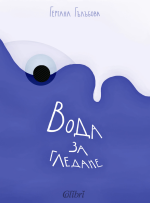
Tutti gli ascensori portano al piano terra (Acqua da guardare)
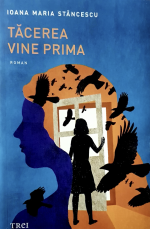
Tăcerea vine prima (Silence comes first)
Tăcerea vine prima vorbeşte despre trauma unei familii contemporane şi despre blocajele de comunicare dintre mai multe generații de femei. Atunci când tăcerea se instalează într-o familie, toate comportamentele sunt creatoare de traume. Singura soluție pare să fie depășirea fricii și deschiderea rănilor.
Subiectul principal îl reprezintă relația complicată a Dorei, pe de o parte cu mama sa intruzivă și veșnic nemulțumită, pe de altă parte cu fiica adolescentă care începe să-și ceară dreptul la independență. Crescută într-o familie în care femeile și bărbații au fost dintotdeauna într-un raport de forță, copiii au acoperit goluri și dureri, fericirea personală n-a părut necesară, mamele au îmbătrânit urât, iar tații, în tăcere, Dora preferă fantasma realității. Într-un moment de curaj, ea intră într-o relație online cu Toma. Totuși, chiar și după ce ajunge la Braşov, acolo unde locuieşte bărbatul, spaima de a nu fi dezamăgită o face să se întoarcă acasă, fără ca întâlnirea să aibă loc. Când însă, Toma vine în București și o sună, Dora este nevoită să ia o decizie. Nu înainte de a rupe tăcerea şi a da cărţile pe faţă, într-o discuţie cu mama ei.
“Silence Comes First" explores the trauma within a contemporary family and the communication barriers between multiple generations of women. When silence takes root in a family, every behavior becomes a source of trauma. The only solution seems to be overcoming fear and confronting old wounds.
The central theme is on one hand Dora's complicated relationship with her intrusive and perpetually dissatisfied mother, and on the other the dynamic with her teenage daughter, who is beginning to assert her right to independence. Raised in a family where women and men were always engaged in a power struggle, where children filled voids and covered up pain, Dora searches for an escape. After a childhood where personal happiness seemed unnecessary, where mothers aged poorly, and fathers remained silent, Dora prefers the fantasy over reality. In a moment of courage, she enters an online relationship with Toma. However, even after she travels to Brașov, where Toma lives, her fear of disappointment drives her to return home without meeting him. But when Toma comes to Bucharest and calls her, Dora is forced to make a decision. However, she can only do that after breaking the silence and laying all the cards on the table in a conversation with her mother.
Ca să nu te văd
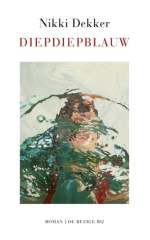
Pesce piatto
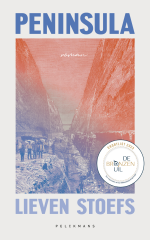
Коридор (Півострів)

Koridor (Peninsula)
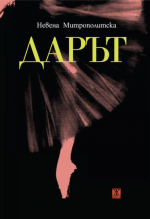
El regalo
S ptáky sdílím oblohu

Коридор (Poluostrvo)
Niña muerte
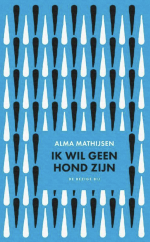
Nu vreau să fiu un câine
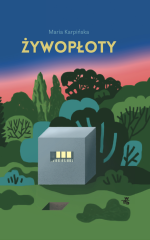
De Heggen
Všichni lidé bratry budou
Svi će ljudi braća biti
A Ilha
Zawsze mieszkałyśmy w tej wiosce
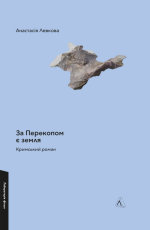
За Перекопом є земля
Крим. Саме тут минуло дитинство, юність і перше кохання головної героїні роману. Саме тут вона зрозуміла, що є українкою. Ні дідусь-підполковник КДБ, ані російська кров у венах не стали цьому на заваді.
Наче орнамент, у романі переплітаються кримськотатарська культура і українська історія. На сторінках книжки читач зустрінеться з кримськими татарами, караїмами, українцями, росіянами, німцями, євреями, греками, вірменами Криму, крок за кроком відкриватиме шафи з родинними скелетами. Разом з головною героїнею та її подругою Аліє пройде шлях від їхнього дитинства – з 1990-х – аж до окупації півострова Росією в 2014-му, з екскурсами в давнішу історію Криму.
«За Перекопом є земля» — це спроба відкрити материк для півострова, а півострів для материка з незвичного ракурсу. Адже і там, і там є земля. Її варто пізнати й повернути їй цілісність.